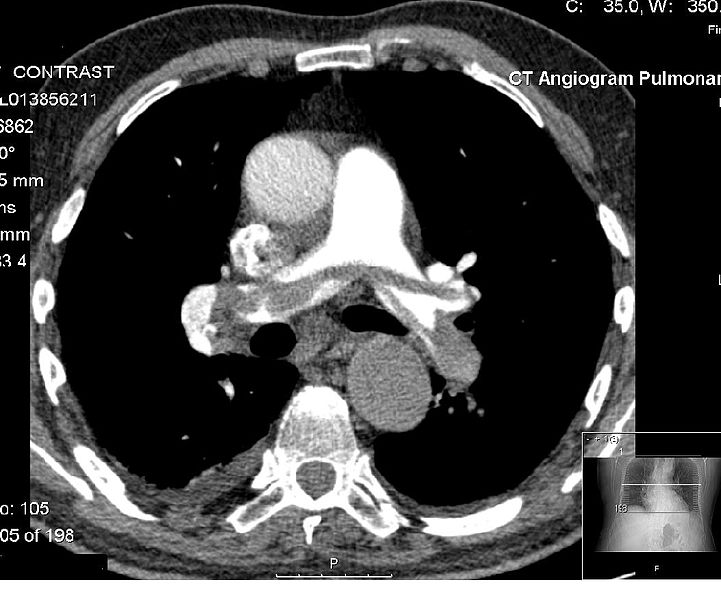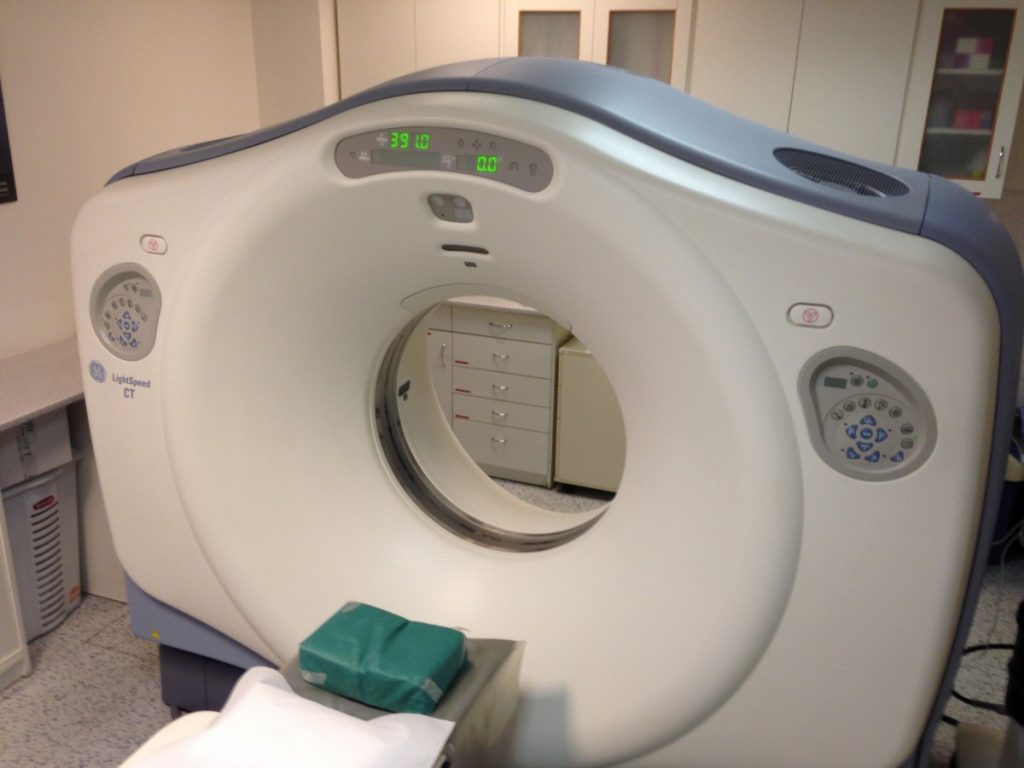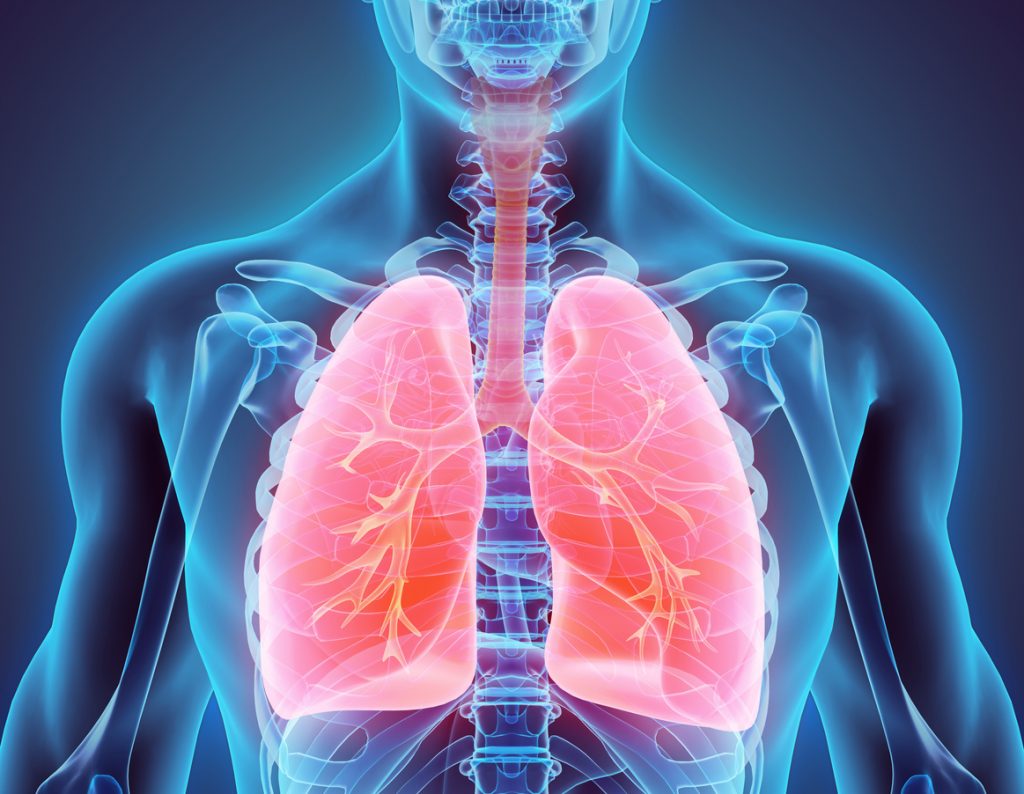The purpose of this study is to determine whether genetic factors contribute to an individuals risk of developing obstructive lung disease from smoking cigarettes.
Official Title
Genetic Mechanisms of Chronic Obstructive Pulmonary Disease
Conditions
– Chronic Obstructive Lung Disease
Study Type
Observational
Study Design
Screening, Cross-Sectional, Defined Population, Retrospective Study
Further Details
Chronic obstructive pulmonary disease (COPD) is among the most important chronic diseases of adults. It is the fourth leading cause of death in the U.S. and affects more than 10% of the U.S. population over age 55. COPD accounts for more than 25,000 discharges annually from VA medical centers. Cigarette smoking is the most important known modifiable cause of COPD, yet only 15-20% of cigarette smokers develop clinically significant COPD. We therefore hypothesize that genetic mechanisms determine susceptibility to the development of COPD. The only genetic abnormality known to cause COPD is deficiency of the serine protease inhibitor 1-protease inhibitor, which causes premature development of emphysema, although it is implicated in fewer than 2% of COPD cases. Several other genetic variants have been proposed as candidate causes of COPD; however, these have been identified on the basis of association studies in unrelated subjects, which have considerable risk of ascertainment bias. In the present study, a sub-pair linkage approach will be utilized in COPD patients and their smoking siblings to identify genes which determine the risk of developing COPD. The following are the short-term objectives of this study:1. Recruit a cohort of 400 probands with smoking-related COPD and their smoking siblings, whether or not affected by COPD. Affected subjects will be extensively characterized as to specific COPD phenotype, using spirometry, computed tomography, and questionnaire data.2. Test the association of known genetic variants in candidate genes to the presence of COPD.3. For proposed candidate genes without known candidate polymorphisms, use sib-pair linkage analysis to test polymorphic marker loci in close proximity to the candidate gene for evidence of linkage to COPD.4. Test for heterogeneity of linkage among different COPD phenotypes: predominant emphysema versus predominant airway disease.The long-term objective of this research is the identification of specific genetic variants which confer risk for the development of COPD in smokers. This will be achieved by means of fine mapping of the loci identified in objectives 3-4 above, or in a subsequent genome scan involving the 400 sibling pairs; identification of novel genetic variants at these loci; and assessment of the functional significance of these variants and their relation to COPD in an independent sample of subjects.Recruitment of subjects for this project began in April, 1999. At this time, a total of 22 subjects (11 COPD patients and 11 first-degree relatives) have been recruited and tested. No adverse events have occurred. A computerized methodology for quantitation of emphysema from CT scans has been developed and has demonstrated adequate DNA extraction from our blood samples. Genotyping has been deferred pending the recruitment of 50 subjects.
Study Start
Eligibility & Criteria
EligibilityAges Eligible for Study: 40 Years and above, Genders Eligible for Study: BothAccepts Healthy VolunteersCriteria1) Age greater than or equal to 40 years2) Cigarette smoking greater than or equal to 30 pack years3) Obstructive Spirometry4) First degree relative with smoking history willing to participate
Total Enrolment
Contact Details
[1] VA Boston Healthcare System, Boston, Massachusetts, 02130, United States; RecruitingDaniel J Gottlieb, M.D. 617-232-9500 Ext. 4176
All content and media on the HealthEngine Blog is created and published online for informational purposes only. It is not intended to be a substitute for professional medical advice and should not be relied on as health or personal advice. Always seek the guidance of your doctor or other qualified health professional with any questions you may have regarding your health or a medical condition. Never disregard the advice of a medical professional, or delay in seeking it because of something you have read on this Website. If you think you may have a medical emergency, call your doctor, go to the nearest hospital emergency department, or call the emergency services immediately.







